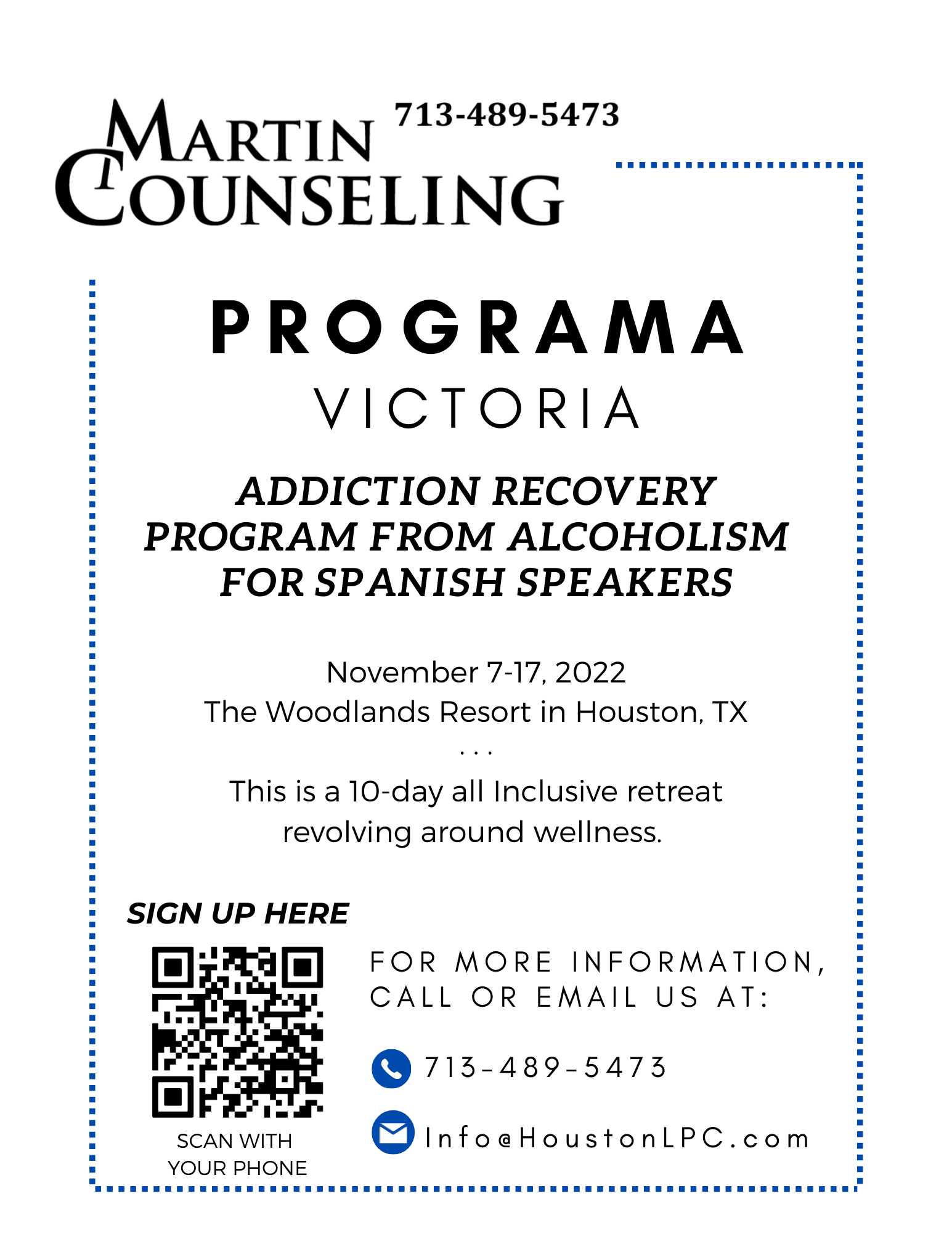In sports, getting injured has been considered one of the worst things that could happen to an athlete. An injury could happen at any moment in an athlete’s career; they could suffer from injuries on the outdoor court, indoor court, and even at random places such as schools (Shobian, Hamdi, Bakhamees, & Magadmi, 2017). Usually, injuries have forced athletes to stop training for long periods of time and put their careers on hold. Most of them return to practice and competitions without enough confidence to perform (Podlog & Eklund, 2007). Therefore, an injury can drastically change an athlete’s lifestyle and this has caused many athletes to quit the sport. After suffering from an injury, athletes struggle to recover mentally and physically, which has a direct impact on their careers (Dyakova et al., 2017). This may cause athletes to suffer from anxiety, stress, and even depression throughout their careers and never completely recover.
Psychological factors not only affect an athlete after an injury. There has been research that supports the idea that anxiety and stress may increase the probabilities of injury. According to Ivarsson and Johnson (2010), athletes who suffered from constant anxiety were more likely to get injured than athletes who did not suffer from it. Therefore, in order to prevent injuries, an athlete should be aware of the importance of mental health. Psychological factors have played an important role in athletes’ lives; therefore, they should focus on training certain mental aspects as well as physical aspects. It is essential that athletes understand the role of mental health and how it can affect sports and performance. Another factor that influences how athletes recover is the type of coping mechanism they have. Wadey et al. (2014), mentioned how the different coping styles affected the probabilities of re-injuries in their study. The results supported that athletes, who had better coping strategies, were less likely to be affected by anxiety, which helped improve their recovery time.
A few examples of athletes who overcame severe injuries in their careers:
Roger Federer: He is considered by many one of the best athletes ever. He is the best tennis player in the world and has won over 17 major tournaments in his career. However, he has been a victim of serious injuries throughout the years. The latest injury Federer suffered in one of his knees; he needed surgery and at least six months of rehabilitation. Nonetheless, he came back from the injury and won his 18th grand slam against all the odds.
Ronaldo de Lima: One of the best strikers to ever play the sport. Ronaldo was considered a phenomenon. He was part of a legendary squad in one of the best teams in history, Real Madrid. Unfortunately, he suffered from many injuries during his early years. Ronaldo tore his ligament in the knee twice and was expected never to play the same, but he returned, became the top world Cup scorer, and even won it in 2002.
Peyton Manning: In a sport of contact such as football, not many players return from serious injuries. After many years with the Indianapolis Colts, Manning was beginning to lose his starter position to a younger quarterback. One of the reasons was because Manning suffered from many injuries. He even had to receive surgery on his neck and was almost forced to retire. He decided to try one more time with the Denver Broncos. Even though everybody thought he was never going to play again, he came back and won his second super bowl.
References
Shobian, M. S. A., Hamdi, A., Bakhamees, W. H. S, & Magadmi, B. M. (2017). Epidemiology of sports-related injuries among athletes in Jeddah, Saudi Arabia. Egyptian Journal of Hospital Medicine, 69(6), 2607-2613.
Podlog, L., & Eklund, R. C. (2007). The psychosocial aspects of a return to sport following serious injury: A review of literature from a self-determination perspective. Psychology of Sport & Exercise, 8, 535-566.
Dyakova, G., Angelova, P., Angelova, I., Dyakov, T., & Belomazheva-Dimitrova, S. (2017). Sports injuries in student-athletes. Trakia Journal of Sciences, 15, 369-374.
Ivarsson, A., & Johnson, U. (2010). Psychological factors as predictors of injuries among senior soccer players. Journal of Sport Science and Medicine, 9, 347-352.
Wadey, R.,Hamson-Utley, L., Podlog, L., Hall, M., Hicks-Little, C., & Hammer, C. (2014). Reinjury anxiety, coping, and return-to-sport outcomes: A multiple medication analysis. Rehabilitation Psychology. 59(3) 256-266.

















